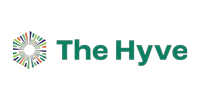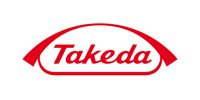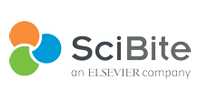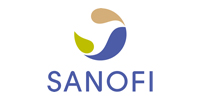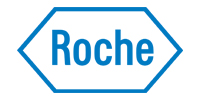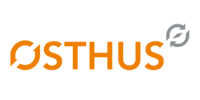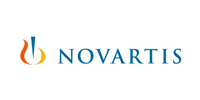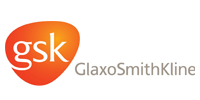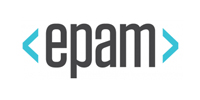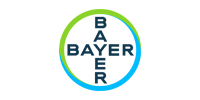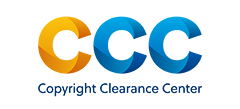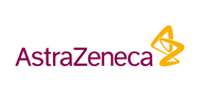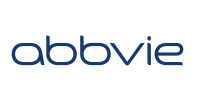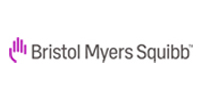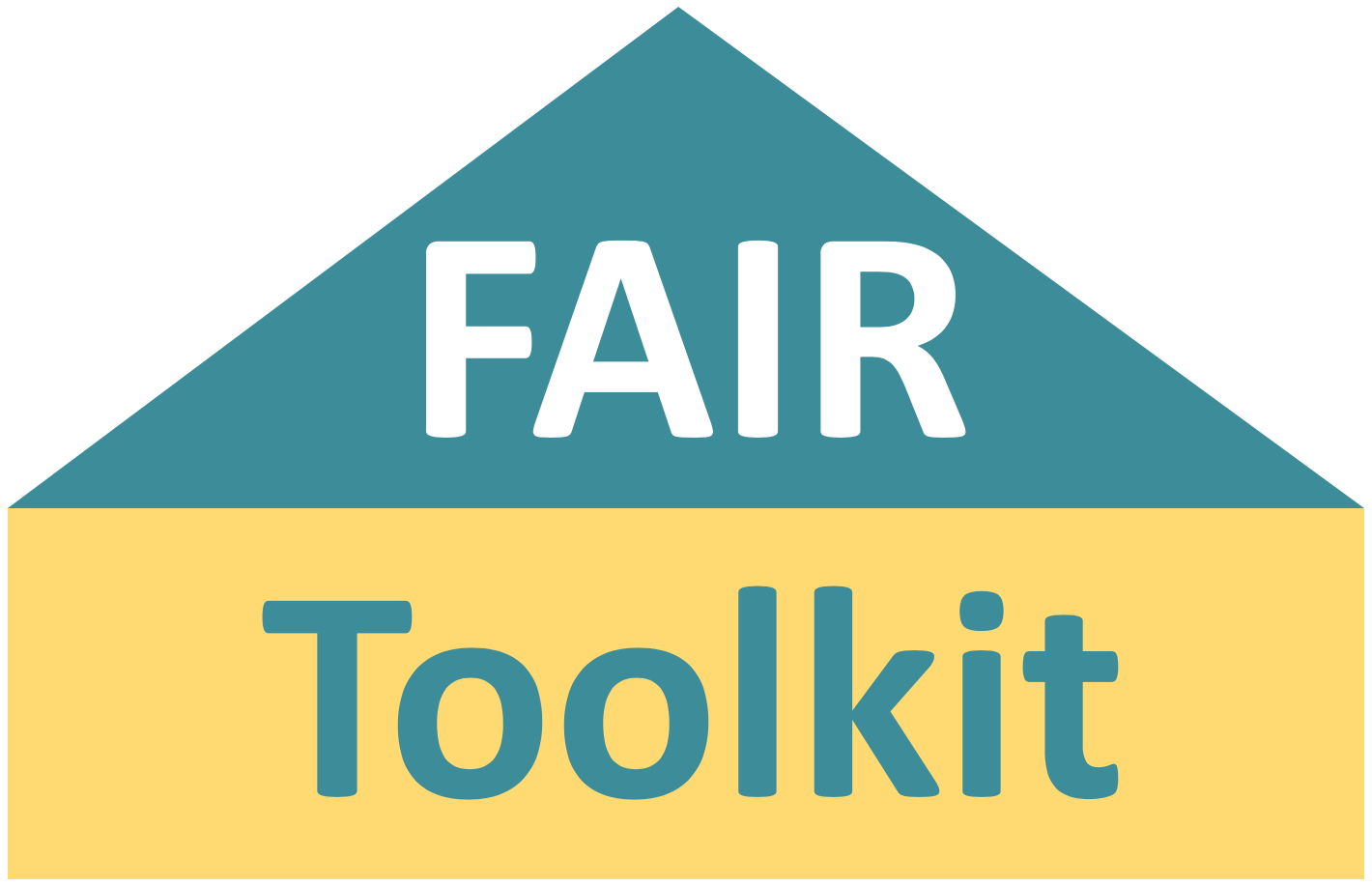WHAT IS IN THE FAIR TOOLKIT?
- Why FAIR data matters for Life Science industry
- Use cases to exemplify the benefits of FAIR implementation by Life Science industry
- How-to methods for FAIR tools, training and change management
- Tips for Life Science industry and links to relevant resources
WHO IS THE FAIR TOOLKIT FOR?
- Data Stewards
- Laboratory Scientists
- Business Analysts
- Science Managers
Roche embeds data standards and quality checks to harmonize, automate and integrate very heterogeneous and complex processes.
- Self-contained micro services deliver performance and scalability
- Scalable and flexible for data models in clinical and non-clinical
How to unlock the value of RNA sequencing (RNA-Seq) and microarray data from a public repository Gene Expression Omnibus (GEO)
- Using machine-learning assisted curation, guided by the FAIR principles
- Leverage ontologies and controlled vocabularies for annotation
Discover how Bayer builds a harmonised FAIR data asset based on Health Care Professional partners.
- A knowledge graph from federated data integration
- Enables reuse by different consumers
Consider how the granularity and context of data and associated metadata to help to inform your FAIR objectives.
- Understand the granularity and context of the data as early as possible
Discover how these interactive events, guided by experts in data management, can provide a learning experience to improve the FAIRness of data brought by the participants.
- Practical “hands-on” training to evaluate and make data more FAIR
Find out how a generic workflow can be deployed by workshops or action team to make important datasets FAIR.
- FAIRification as a retroactive workflow is common at this time
- FAIRification by design (data “born” FAIR) is far more desirable for the future
CREATED BY LEADING LIFE SCIENCE ORGANISATIONS
